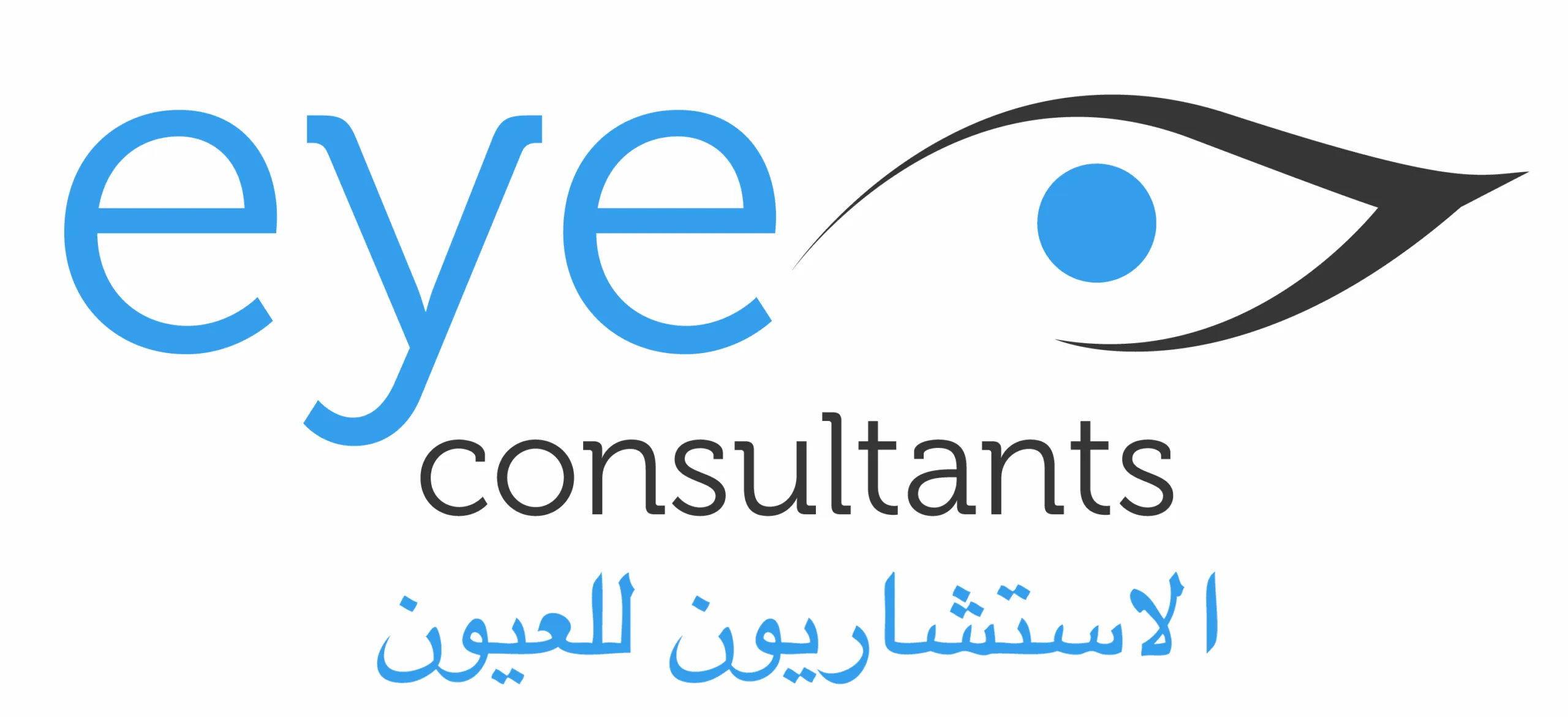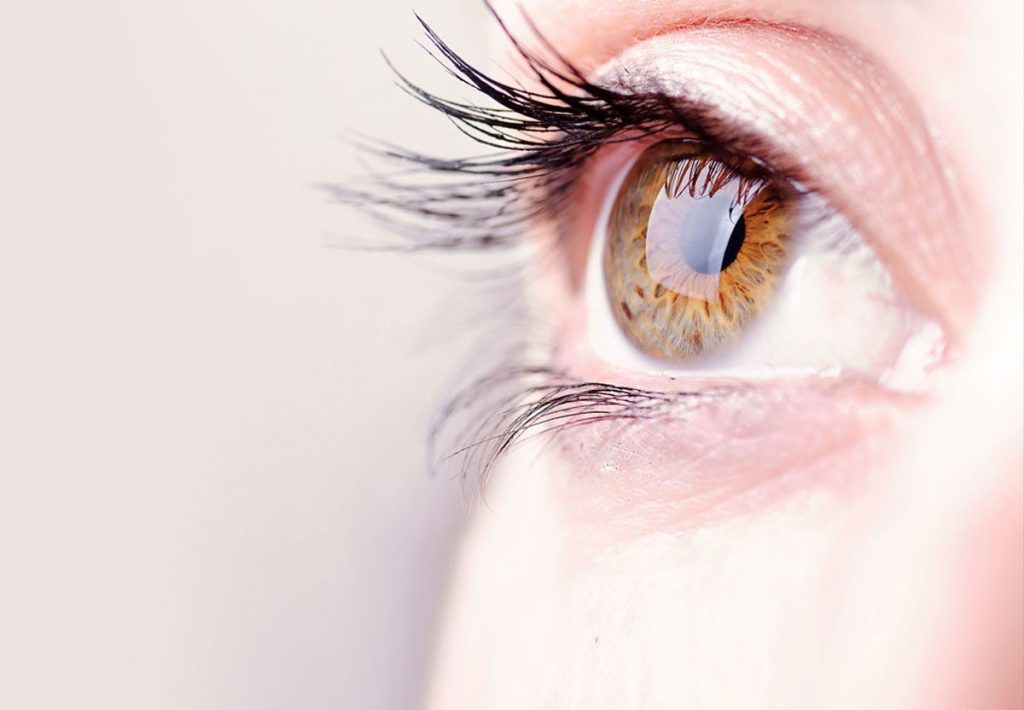All you need to know about Macular Degeneration
It’s easy to take our eye health for granted if we’ve had problem-free vision our entire life. However, our vision starts to change as we age- it could mean sensitivity towards light or a sudden need for reading glasses. As we get older, our eyes tend to become more and more susceptible to several conditions, and one of them is macular degeneration.
Macular degeneration is a disease that causes retinal degeneration leading to severe vision loss in most people over the age of 55. While it can affect people of any age including children, the most common type of macular disease is age-related macular degeneration (AMD). Retina, a layer at the center part of the eye is packed with photoreceptors (the cell that enables us to see). Macula is a tiny area at the center part of the retina that is responsible for detailed vision which helps a person to recognize faces, read etc., in other words it is called vision acuity. This disease, as the name suggests, affects the macula. Even though it isn’t total blindness, it’s the cause of serious visual disability.
As per The International Agency for the Prevention of Blindness, approximately 5% of blindness universally is due to AMD. The study also estimates that globally, 196 million people will have AMD in 2020, increasing to 288 million in 2040.
Causes
Even though the specific cause isn’t determined, below are some factors that may lead to AMD:
- Age– Age is the most substantial risk factor for macular degeneration.
- Eye color– people with lighter eye color seem to be at greater risk.
- Premature menopause– Studies have shown that the risk is higher in women. Women with early onset menopause can develop macular degeneration sooner.
- Lifestyle factors– Smoking and exposure to direct UV-rays may also lead to AMD.
- Lifestyle diseases– People who suffer from heart disease, obesity and high BP also tend to be vulnerable to AMD
- Hereditary– It isn’t passed down genetically but if ancestors have had AMD, it increases the person’s risk by 50%.
Symptoms
Age-related macular degeneration (AMD) is classified into dry AMD and wet AMD. The initial drying of the macula causing a yellow-ish area on the retina is considered dry AMD. As the disease progresses, abnormal blood vessels start to leak fluid into the macula causing wet AMD which is more sight threatening.
One must seek immediate medical help if the following occurs:
- Visual distortion – straight line may seem distorted.
- Blurred vision / haziness
- Blurry whiteouts at the center of vision
- Decreased intensity or colors
Treatment and Prevention:
There isn’t an outright cure for AMD but there are treatment options to delay the progress of the disease and improve vision.
For Dry AMD, doctors at Eye Consultants suggest nutritional therapy mostly with combination of carotenoids, antioxidants and omega-3 fatty acids. These nutrients support the macula from deterring further.
Treatment for Wet AMD:
Laser photocoagulation: Treatment with high energy laser seals abnormal blood vessels under the macula. This procedure aims to minimize the damage to the macula by stopping any kind of discharge.
Photodynamic therapy: This is to treat the abnormal blood vessels at the center of the macula. A special drug is inserted through the arms to reach the blood vessels in the eye. Then a specific type of laser is focused to the vessels that are abnormal causing the activation of the special drug. Photodynamic therapy closes the abnormal blood vessels and reduces the rate of vision loss.
Prevention:
The following measures help reduce the risk of developing AMD
- It is necessary to have a routine eye checkup after the age of 50.
- Follow a good diet that includes green-leafy vegetables, fruits, food rich in omega-3 acid (nuts, salmon, etc.)
- Smokers must stop smoking as it does no good. One can seek professional help if they have difficulty trying to stop.
- It important to exercise and maintain a healthy weight.
If you suspect that you or a family member could be dealing with symptoms of AMD, contact the experts at Eye consultants for further treatment, call us on +971 (0)4 4211299.
With age, eye problems have a tendency to crop up and one begins to realize the importance of good eye health and its role in providing quality life.




